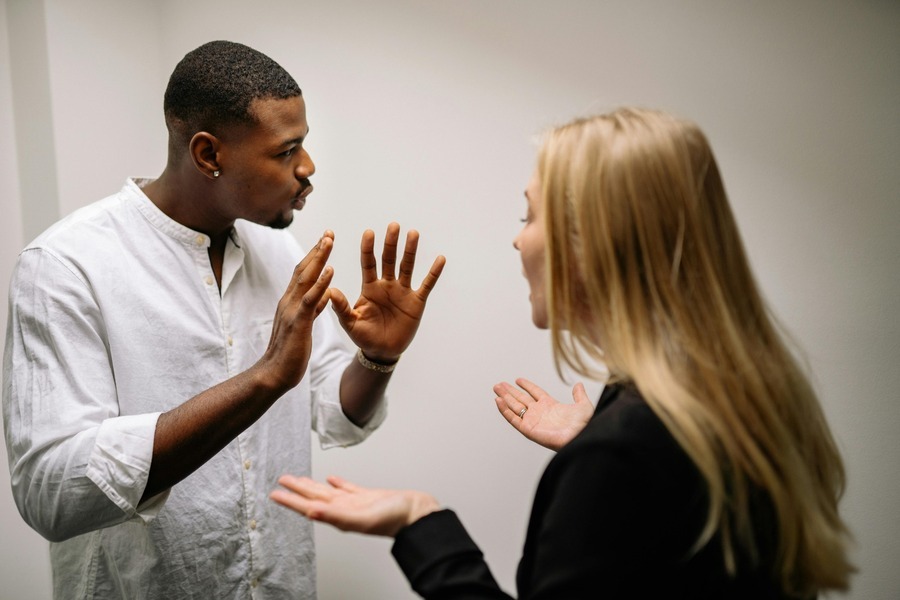In the early stages of her relationship Maya noticed an odd behavior. Each time she felt a sense of upset or disagreement with her partner, she stifled her feelings. The mere thought of articulating what that felt like made her anxious not because of whatever the matter was but she was scared of losing connection. Those candidates are right here, the lived experience for so many of us, the fear of conflict in relationship.
Let’s talk about why it arises, how it can deceptively erode trust, and most importantly how we can engage in healthy disagreement without feeling anxious or disconnected.
Why Conflict Feels Unsafe (And It’s Not Just About You)
The trouble is that most of us didn’t grow up in environments where conflict felt healthy. When a parent or caregiver yelled, went silent, or emotionally withdrew during conflict, our nervous system learned to associate it with fear or bad memories. So, I want to declare that even relatively minor disagreements in your adult relationship may feel like emotional earthquakes.
We often fear conflict in relationships because of past trauma, abandonment history, and lack of effective communication skills. This issue is not about the fight; it is all about the fear of what a fight could cost you love, safety, or perhaps even an emotional relationship.
The True Cost of Conflict Avoidance
The truth is this: avoiding conflict doesn’t seem to save love. It slowly starves it to death. It festers in silent resentment and loss of control. When we nod in agreement, we lose parts of who we really are.
Maya learned this the hard way. After months of trying to “keep it together,” Maya felt defeated, losing her sense of self and now unsure of what emotions she even had left at that point. She wasn’t afraid of her partner, she was terrified of being honest.
The fear of conflict in relationships is what can fuel the need to please others and bankrupt our own love stories. Left unreconciled, love without honesty can stop feeling like love at all.
Safe Conflict = Stronger Connection
Not being in total accord in all matters is just fine. What really matters is that you still feel okay with your different opinion.
- Verifying your body condition prior to speaking: If you notice your heart pumping faster this is an indication that you should breathe deeply and calm yourself down. A regulated nervous system is a much healthier conversation partner to have.
- Use of “I” language: I feel unheard when This is a much softer and clearer statement than, you never listen.
- Don’t understand: Validation is not the same as agreement. It means you help your partner feel important and understood.
- Bound conflict with limits: No problem if you leave and return at a later time, especially if your feelings were too intense.
A conflict that is addressed with gentleness can actually deepen the relationship. It is an indirect way of saying, “I have enough trust in you to be honest with you.”
Healing the Fear, Together
Maya shared her fear about a therapeutic event not during a confrontation but on a calm day. Her partner listened non-judgmentally. They agreed to commit to healthier ways to disagree as a change. That was the start of something new.
You are not broken if you experience the fear of conflict in relationships. You are a person. But relationships thrive when both individuals feel safe enough to be vulnerable even in disagreement.
Instead of thinking, “What if I lose them if I speak?”
Ask: “What if I lose myself if I do not speak?”
Final Thoughts:
Conflict need not always be a disaster. By being mindful and purposeful, it can change from a barrier to a connection. The dread of conflict in relationships might seem very powerful, however, love based on honesty rather than fear is definitely worth going through.




